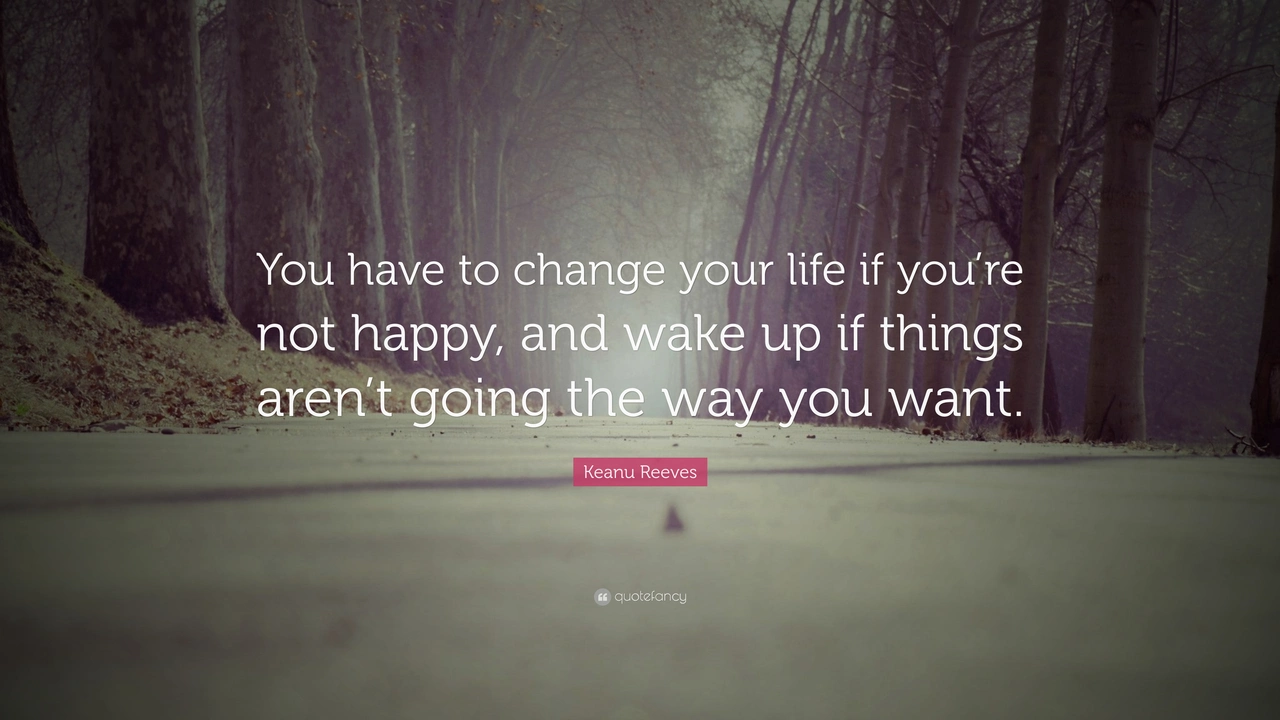Depression: What It Is and Why It Matters
Feeling down from time to time is normal, but when sadness sticks around for weeks, drains your energy, and stops you from doing everyday things, you might be dealing with depression. It’s not just a bad mood – it’s a medical condition that affects how you think, feel, and act. Recognizing it early can make a big difference in getting back to a healthier life.
Common Signs to Watch For
Depression shows up in many ways, and the signs can vary from person to person. Here are some of the most frequent symptoms:
- Persistent sadness or emptiness – you feel low most of the day, nearly every day.
- Loss of interest – activities you once enjoyed no longer bring pleasure.
- Changes in sleep – either trouble falling asleep, waking up early, or sleeping too much.
- Appetite shifts – sudden weight loss or gain without trying.
- Low energy – even small tasks feel exhausting.
- Difficulty concentrating – staying focused at work or school becomes a struggle.
- Feelings of worthlessness or guilt – harsh self‑criticism that seems exaggerated.
- Thoughts of death or suicide – any hint of self‑harm should be taken seriously.
If you notice a combination of these signs for more than two weeks, it’s time to consider talking to a professional.
Practical Ways to Cope and Get Support
While professional help is essential for most people, there are everyday actions that can lessen the weight of depression:
- Stay connected – reach out to friends or family, even if you don’t feel like it. A quick text or coffee meet‑up can break isolation.
- Set small goals – pick one easy task each day, like making your bed or taking a short walk. Small wins add up.
- Move your body – exercise releases chemicals that boost mood. Even a 10‑minute walk can help.
- Keep a routine – regular sleep, meals, and work times give your brain predictable cues, which can improve mood.
- Limit alcohol and caffeine – they can worsen anxiety and disrupt sleep, making depression harder to manage.
- Practice mindfulness – simple breathing exercises or short meditation apps can lower stress.
Most importantly, seek professional help. A therapist can teach coping strategies, and a doctor can evaluate whether medication might help. If you ever feel unsafe or have thoughts of harming yourself, call emergency services or a suicide helpline right away.
Depression is a common health issue, but it doesn’t have to control your life. By recognizing the signs, reaching out for support, and taking small daily steps, you can start to feel better and regain control.

Why is life in India so depressing?
While it's not fair to generalize, some people may find life in India challenging due to several factors. These include the high population density, poverty, and stark economic disparity that exist in the country. Corruption and bureaucracy can also make everyday life frustrating for some. Social issues like caste discrimination and gender inequality also contribute to the sense of despair. However, it's crucial to remember that experiences vary widely, and many find joy and fulfillment in India's rich culture and sense of community.
read more